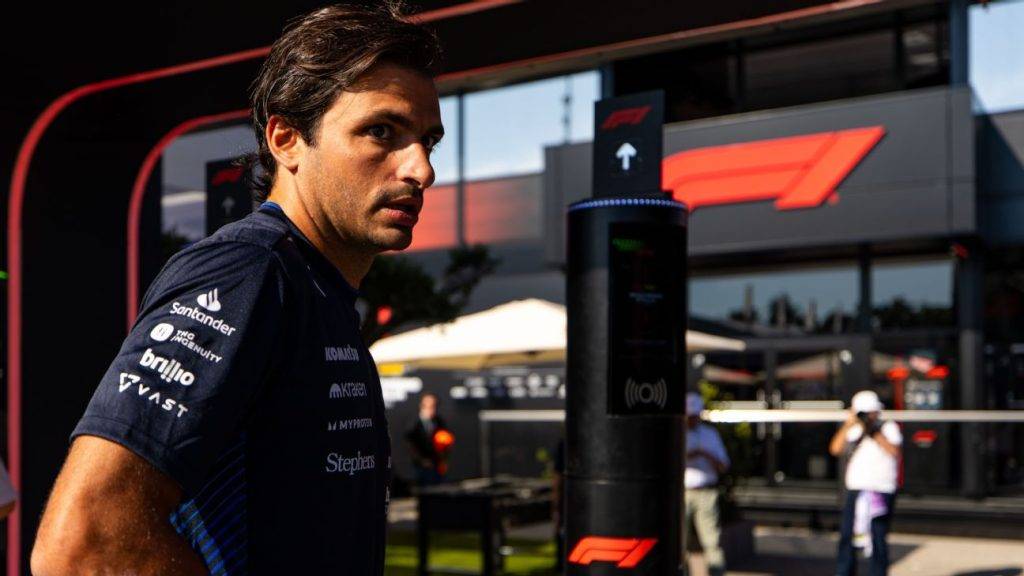Carlos Sainz’s Dutch GP Penalty Rescinded After Williams Appeal
In a significant development in Formula 1, the stewards of the Dutch Grand Prix have rescinded a penalty awarded to Carlos Sainz following an appeal from the Williams team. This decision was reached after Williams presented new evidence suggesting that a collision involving Sainz and Liam Lawson was a “racing incident,” rather than an infringement caused by the Spanish driver.
Overview of the Incident
The incident in question occurred at Zandvoort two weeks prior, during which Sainz was penalised for a collision with Lawson’s Racing Bull. Williams quickly moved to contest the decision, arguing that new footage ultimately changed the narrative.
New Evidence Presented
During a hearing on Friday, Williams offered fresh camera angles from both Sainz’s and Lawson’s cars. These angles indicated that Lawson’s vehicle had lost traction just before the collision occurred. While the stewards accepted this evidence as pertinent, they noted that testimony from drivers is usually not considered critical in post-race reviews since officials typically make decisions without hearing from them.
The Stewards’ Decision
Following extensive deliberation, the stewards concluded that the collision was not predominantly the fault of either driver. They characterized the incident as a racing event, citing Lawson’s momentary loss of control as a key factor. “The stewards agree with Williams’ characterisation of the collision as a racing incident,” the official statement read.
Despite the rescinded penalty, the stewards confirmed that Sainz’s initial time penalty during the race could not be overturned. However, they did revoke the two penalty points from Sainz’s superlicence, leaving him with a total of two points in the past 12 months.
Reaction from Williams
Williams expressed gratitude for the stewards’ decision, acknowledging the persistence required to seek a review. “We are pleased they have now decided he was not at fault,” a team spokesperson commented. “While it is frustrating that our race was compromised by the original decision, mistakes are part of motor racing.”
Looking Ahead
This incident underscores the complexities of judgment calls in Formula 1 and raises questions about the consistency of officiating. The outcome also highlights Williams’ commitment to advocating for their drivers while aiming to improve the overall stewardship process in the sport.
As the season progresses, all eyes will remain on further interactions between teams and the FIA regarding race regulations and stewarding practices.


